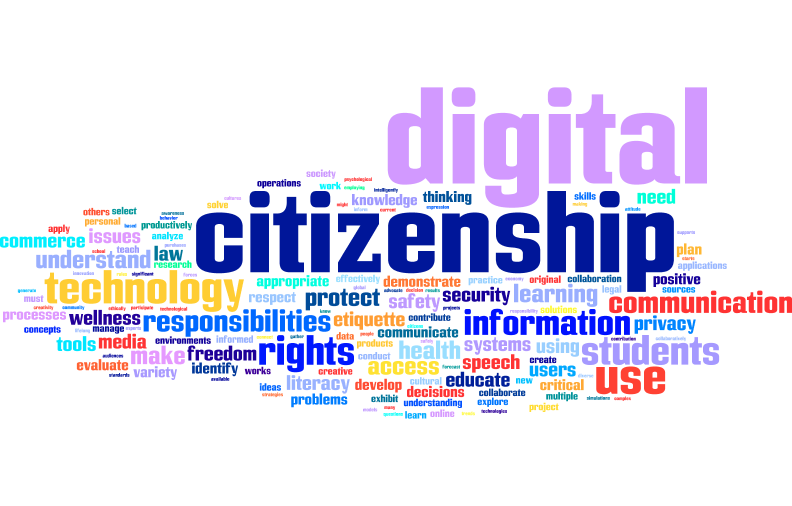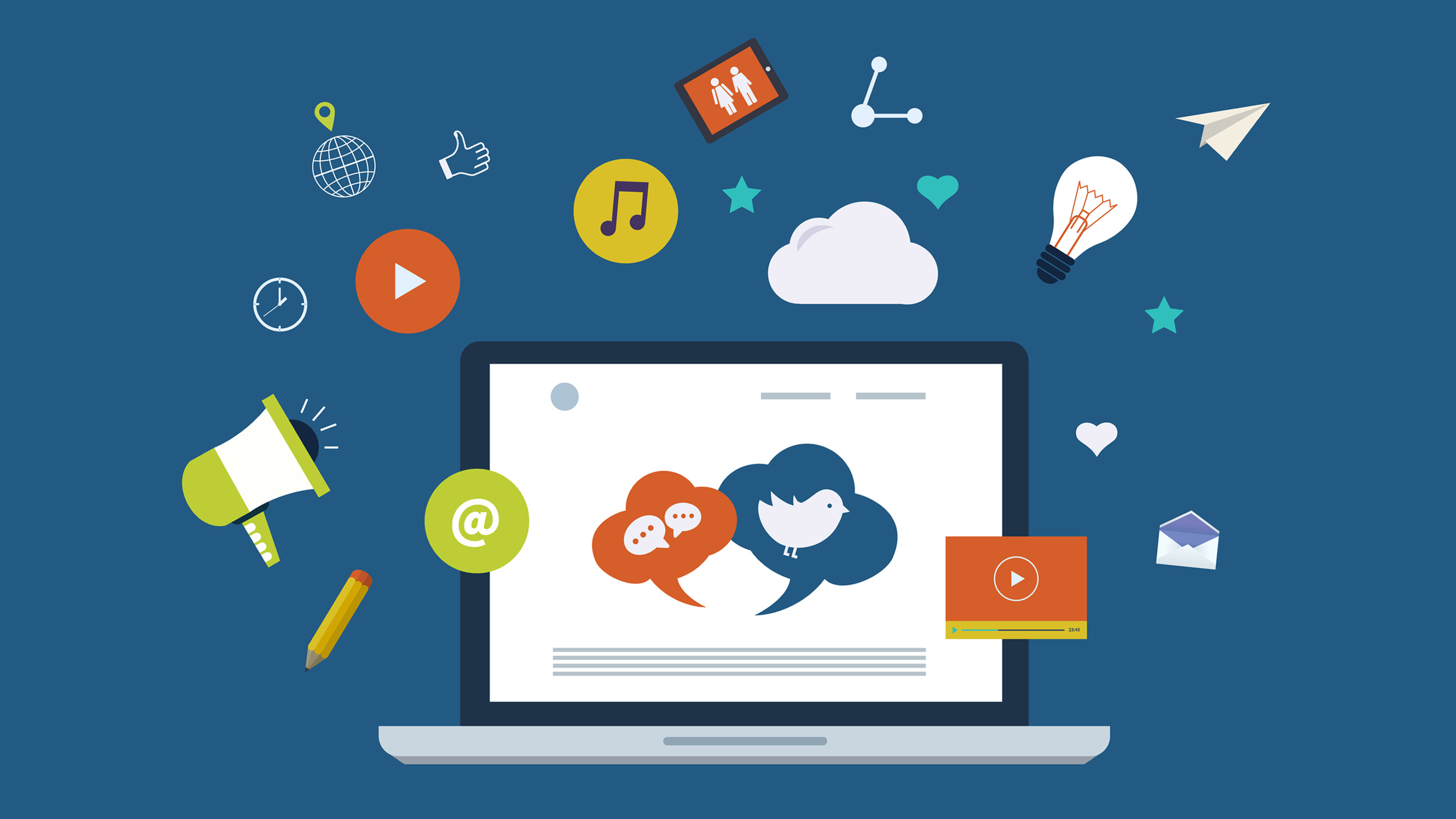In today's digitally-driven world, the importance of digital citizenship and media literacy for students cannot be overstated. Social media and tech expose students to loads of info. It's constant and overwhelming. They're always interacting online. Teach them digital responsibility. Equip with skills. Foster critical thinking. Guide through the digital world.
Understanding Digital Citizenship and Media Literacy:

This means using tech responsibly and ethically. It's about online safety, privacy, and respect in digital spaces. It covers how we behave online and protect ourselves. On the other hand, media literacy involves the ability to access, analyze, evaluate, and create media content across various platforms.
Key Concepts and Practices of Digital Citizenship and Media Literacy:

- Common Sense Media Digital Citizenship: Common Sense Media helps educators, parents, and students with digital citizenship. It offers valuable resources and guidelines. These promote safe and responsible online behavior. Their materials cover topics such as internet safety, cyberbullying prevention, and digital footprint management.
- Teaching Digital Citizenship: Educators teach digital citizenship skills. The curriculum includes critical thinking and ethics. It builds online responsibility. Educators guide students in ethical decision-making online. It fosters responsible digital behavior.
- Media and Information Literacy: MMedia literacy teaches students to judge media, telling truth from lies. They learn to trust reliable sources, not fall for fake news. It's about critical thinking, questioning what they see. This helps them navigate the digital world wisely. Educators teach media literacy. Students learn to navigate online info. They make informed choices.
- Planning Content for Social Media: Educators can guide students in planning and creating content for social media platforms responsibly and ethically. This involves discussing topics such as digital footprints, online privacy settings, and the potential impact of their online activities on themselves and others.
Implementing Best Practices:

- Define Objectives and Curriculum Goals: Educational institutions should establish clear objectives and goals for digital citizenship and media literacy education. This includes defining learning outcomes, identifying key concepts to be covered, and integrating these topics into existing curricula.
- Interactive and Engaging Learning Activities: Incorporating interactive and engaging learning activities can enhance student engagement and comprehension of digital citizenship and media literacy concepts. This may include group discussions, case studies, role-playing exercises, and multimedia presentations.
- Integration Across Subjects and Grade Levels: Digital citizenship and media literacy education should be integrated across subjects and grade levels to ensure comprehensive coverage and reinforcement of key concepts. Collaboration between educators in different disciplines can facilitate interdisciplinary approaches to teaching these skills.
- Parent and Community Involvement: Engaging parents and the wider community is essential in promoting digital citizenship and media literacy among students. Schools can organize workshops, seminars, and informational sessions for parents to educate them about online safety, privacy concerns, and strategies for supporting their children's digital well-being.
Conclusion:
In conclusion, empowering students with digital citizenship and media literacy skills is essential in the age of social media and digital technology. By providing comprehensive education and implementing best practices, educators can equip students with the knowledge, skills, and values necessary to navigate the digital world responsibly, ethically, and critically. Through collaborative efforts between educators, parents, and communities, we can foster a generation of informed and responsible digital citizens capable of leveraging technology for positive social change.
Sources used for research and gathering content as references:
The field of AI Chatbot Engineering encompasses various sub-specialties, allowing you to tailor your career path to your interests:

- Common Sense Media (commonsense.org):
- Source: Common Sense Media offers a variety of resources for educators, parents, and students to promote digital citizenship and media literacy. Their website includes lesson plans, videos, articles, and interactive tools designed to teach students about online safety, responsible digital behavior, and critical media consumption.
- Link: Common Sense Education
- Pew Research Center - Internet & Technology:
- Source: The Pew Research Center conducts surveys and research studies on various aspects of digital technology and its impact on society, including internet use, social media trends, and digital literacy skills. Their reports provide valuable insights into the habits and attitudes of students towards digital media.
- Link: Pew Research Center - Internet & Technology
- International Society for Technology in Education (ISTE):
- Source: ISTE is a professional organization dedicated to promoting the use of technology in education. Their website offers resources, standards, and guidelines for educators seeking to integrate digital citizenship and media literacy into their teaching practices.
- Link: ISTE - Digital Citizenship Resources
- Edutopia:
- Source: Edutopia, a website founded by the George Lucas Educational Foundation, provides articles, videos, and guides on innovative teaching practices and educational trends. Their resources cover topics such as media literacy, digital citizenship, and technology integration in the classroom.
- Link: Edutopia - Digital Citizenship
- National Association for Media Literacy Education (NAMLE):
- Source: NAMLE is a non-profit organization dedicated to advancing media literacy education. Their website features research articles, lesson plans, and professional development opportunities for educators interested in teaching media literacy skills to students.
- Link: NAMLE - Resources
These resources provide a wealth of materials and insights essential for conducting research and composing content on digital citizenship and media literacy in education.




Post a Comment
0 Comments